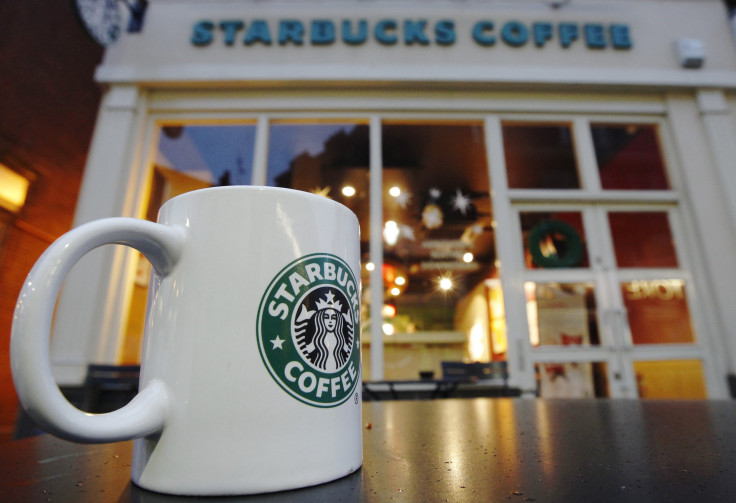Starbucks Seeking US Tax Breaks

Starbucks, which has faced criticism for its low tax rate in the UK, is aiming to protect and expand tax breaks on foreign profits, the Financial Times reports.
In a letter to lawmakers on the U.S. House of Representatives’ Ways and Means Committee, which is weighing a U.S. tax system overhaul, the coffee shop chain said its global tax rate exceeded 32 percent.
Starbucks is one of several U.S. companies that have made individual submissions to the committee, the Financial Times notes.
The company said it's willing to do without certain U.S. tax breaks, such as a domestic manufacturing deduction and accelerated depreciation for business investments, if revenues were to be used to lower the U.S. corporate tax rate, currently 35 percent, according to the Financial Times.
Starbucks believes Congress should continue the U.S. tax deferral on foreign sales of coffee beans, which an “agricultural commodity exception” protects under U.S. tax rules.
It also asked that taxes on royalty revenues be deferred until the money is brought back to the U.S.
Starbucks said in an email to the Financial Times it was “simply seeking a level playing field and fair treatment of income from royalties for U.S. tax purposes regardless of the business structure from which those royalties are generated."
Currently, deferral is allowed for international royalty payments from unrelated franchisees, not from parties related to Starbucks, FT reports.
“This discourages Starbucks employing its core business model, which is to own and operate its stores,” Brian Ugai, Starbucks vice president for tax and customs, wrote. “Reform that provides consistent treatment of active royalties received from both unrelated parties and related parties ... would be good tax policy, would increase Starbucks’ ability to compete in markets outside the U.S. and would facilitate further growth of our company.”
Martin Sullivan, a tax economist and a former Treasury Department official who has testified in hearings for Democrats, said Starbucks' proposal would allow policy to pour in the wrong direction. "In a principled territorial system, all royalties would be subject to tax, because they are deductible in a foreign jurisdiction," he said. "Otherwise that income is not taxed anywhere."
© Copyright IBTimes 2024. All rights reserved.











